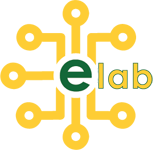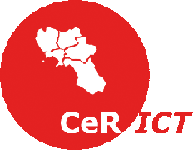Embedded Systems
Educational goals
The course provides the methodological and technological knowledge for analysis and synthesis of modern embedded systems ( ie those general and special computer system designed for embedded in industrial (transport, energy, mechanical, etc.) or consumer products (telephony, entertainment, multimedia processing, etc.), bound to meet certain requirements as real-time and performance, as well as requirements on consumption, size, reliability and security.
The student is started to the design of embedded systems based on SoC (System on Chip), MPSoC (on Single Chip Multi Processor) and special (DSP, dedicated hardware) architecture, also made with FPGA technologies. Development methodologies and IDE environments widely used in industry, will be used for the design process.
A large part of the course will be spent in practice in which the student will use industrial IDE environments (HDL compilers – VHDL, Verilog, System-C, debugger, simulators and tools for mapping). This part goal is to provide the necessary knowledge for synthesis of circuits on FPGA and for the design of SOC system:
- with ARM processor on STMicroelectronics STM32F4;
- with Sparc processor synthesized on FPGA on Digilent Nexys 2;
- with Intel processor on board Galileo.
In this context, a full project will be developed by the entire classroom: to realize a complete embedded system, the class will be divided into groups. Each of them will have a task assigned and, following industrial design and development process, they will meet frequently to establish interfaces of their tasks so that at the end of the course all of them will be able to merge all their works into the final product.





